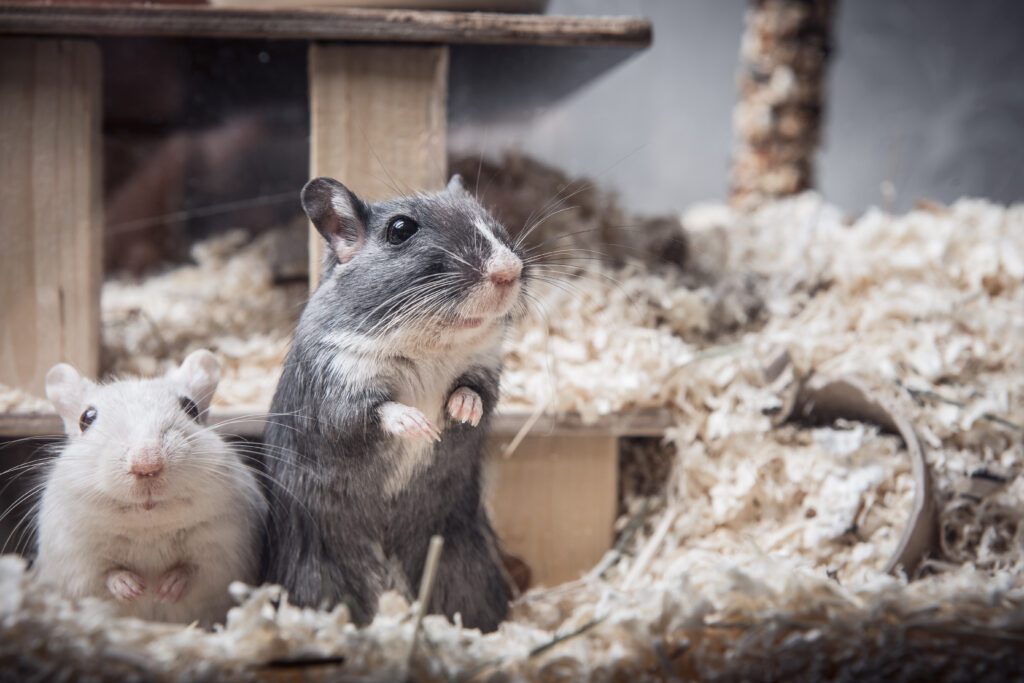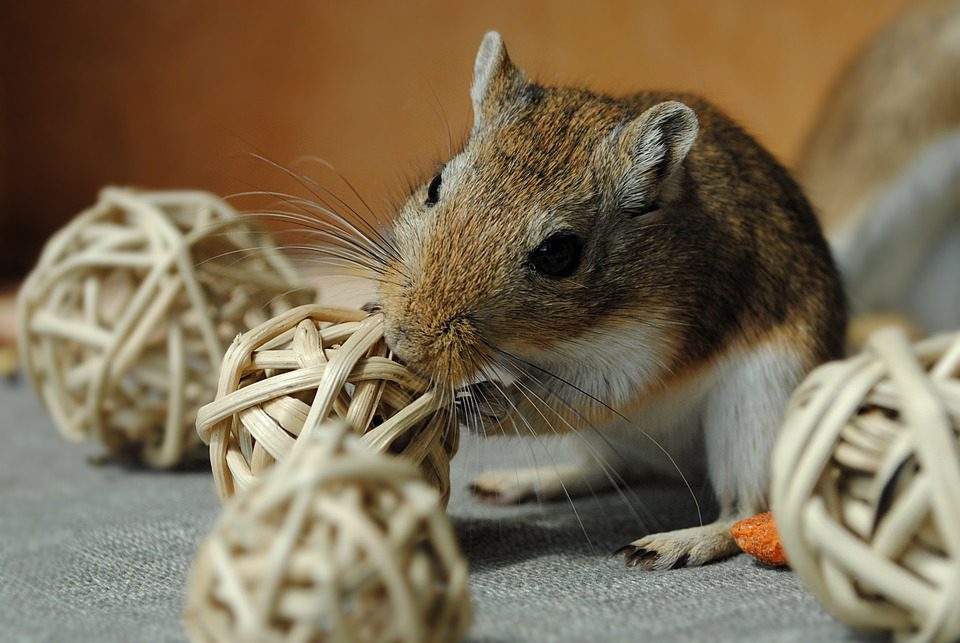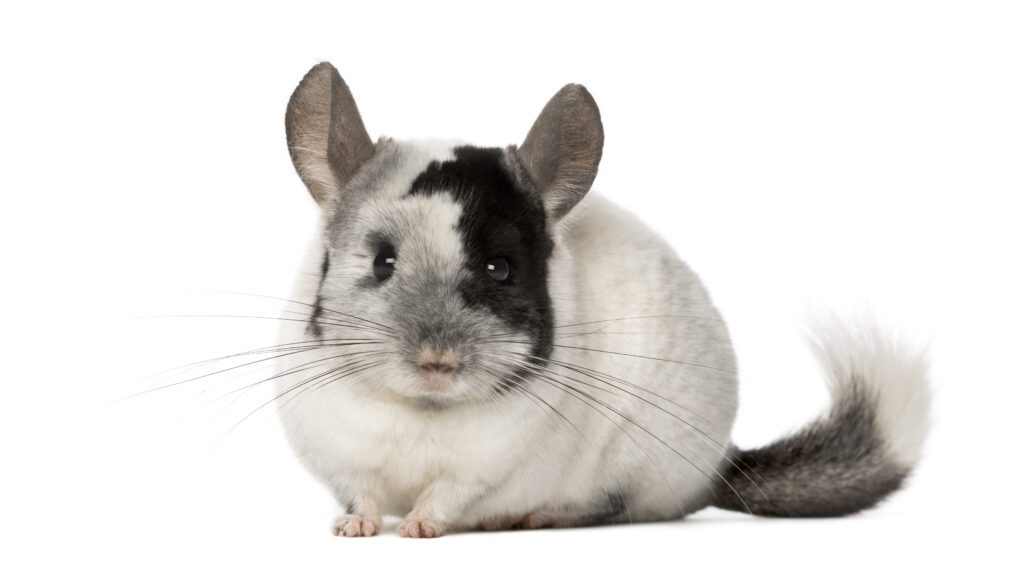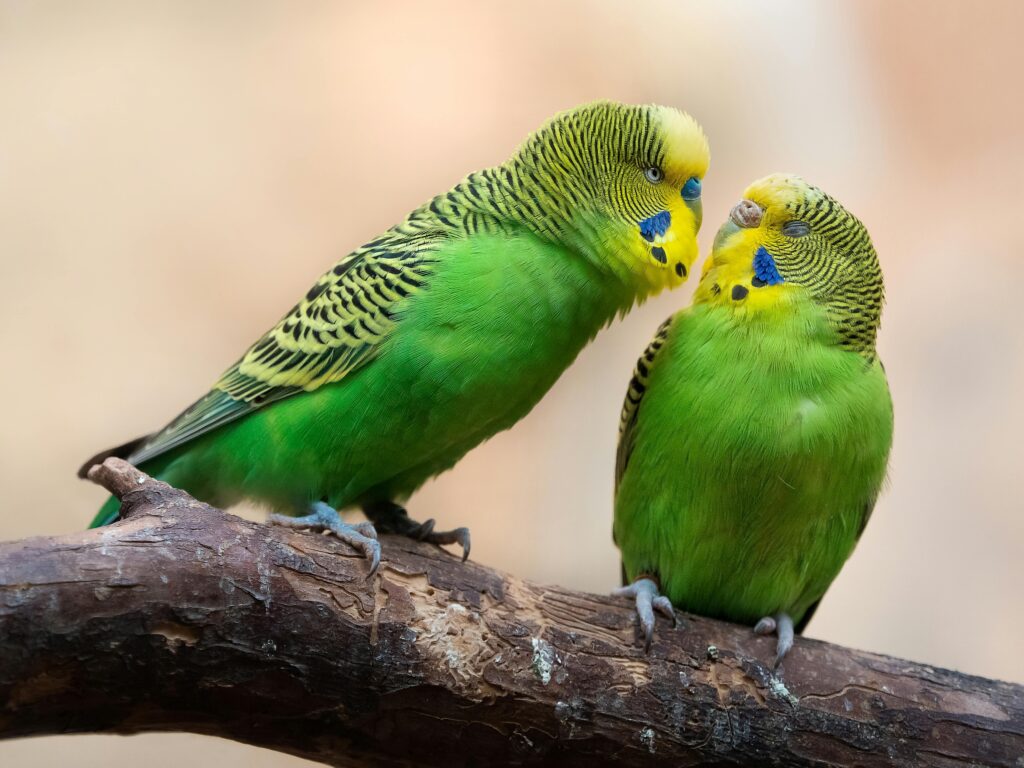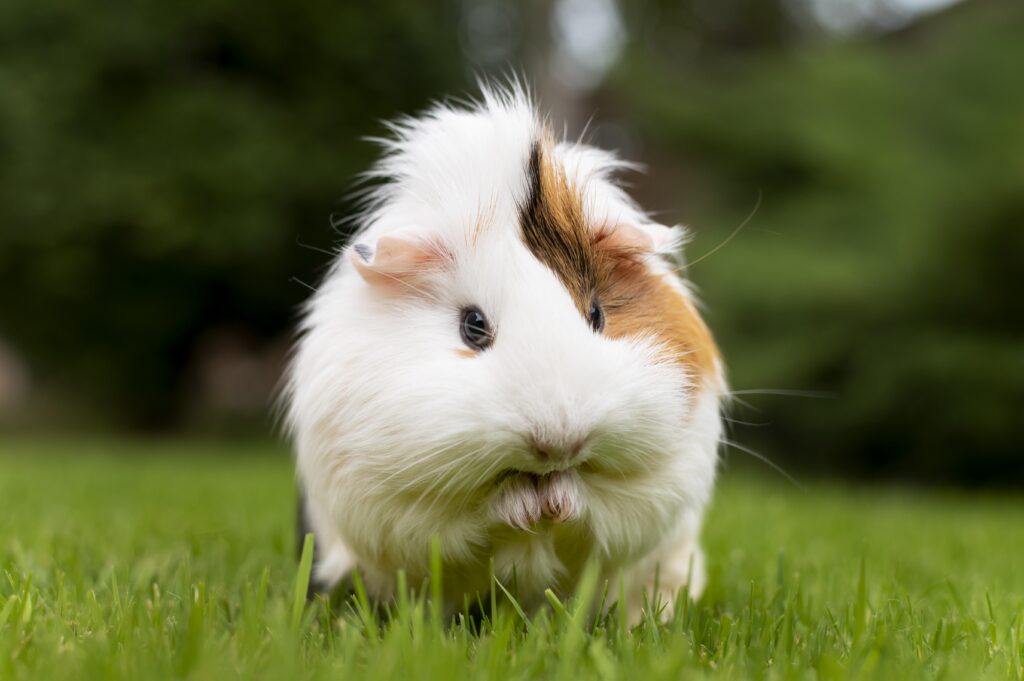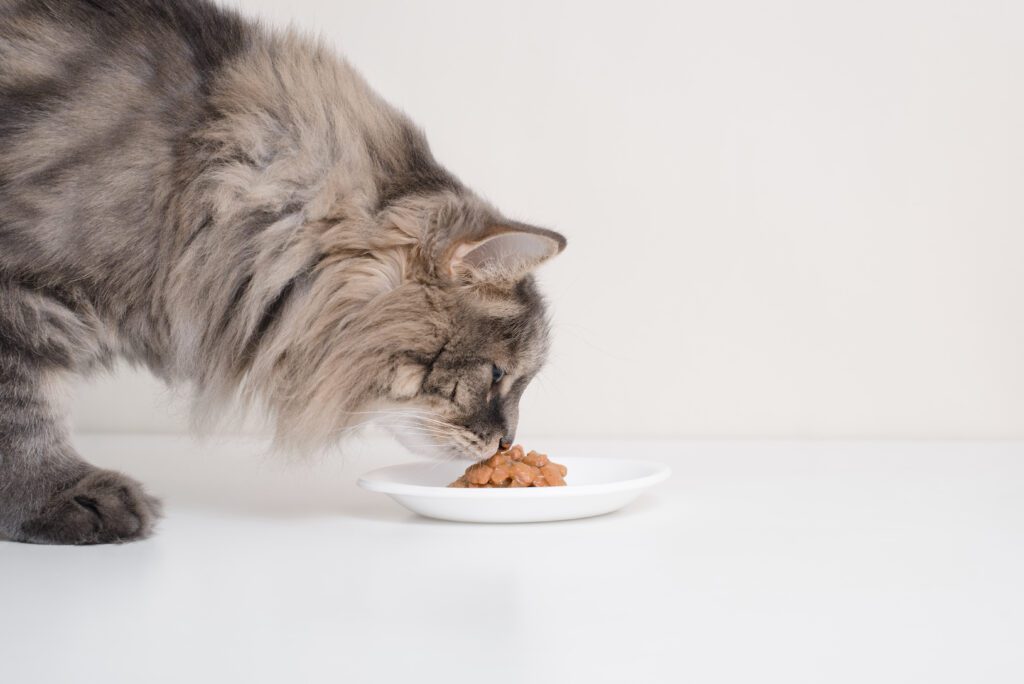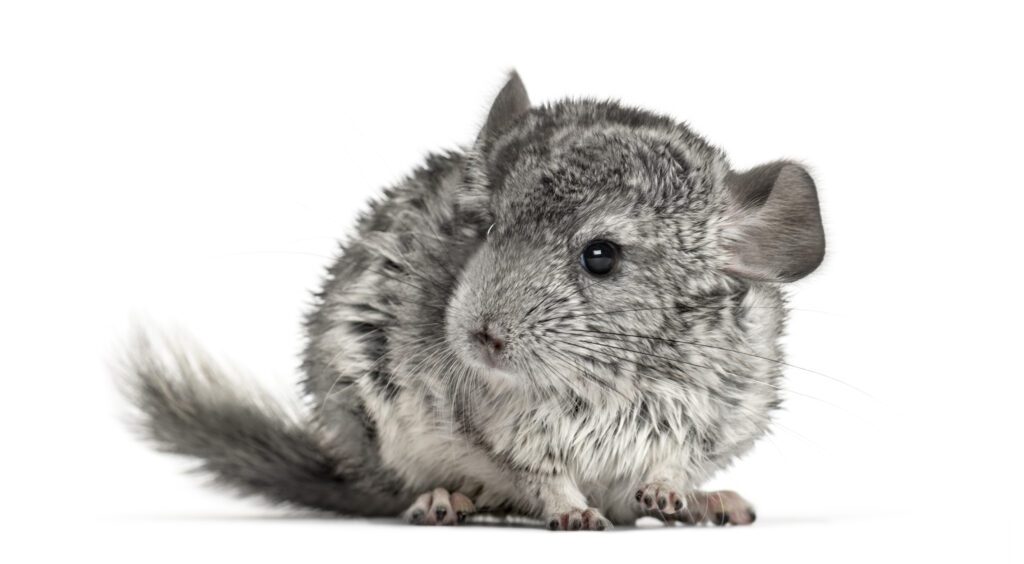
TOPICS COVERED
ToggleAre you looking for a pet that is beautiful, charming, and can’t help but be wanted by everyone around them? It is important to know how long they live so potential and current pet owners can understand them. But just how long do chinchillas live, and what determines how long they live? Let’s explore this in detail.
Chinchilla Lifespan
Chinchillas should live an average of 10 to 15 years. But chinchillas don’t have long life spans—some can, as long as they receive exceptionally good care. This lifespan is an impressive one, and as a result, adopting a chinchilla is not a spur of a moment decision, it’s one that lasts over a decade or more.
Factors Influencing Lifespan:
1. Environmental Factors:
Your chinchilla’s health is substantially linked with its habitat being clean and spacious. Stress and respiratory infections are brought about by an uncleaned cage and can shorten lifespan.
2. Diet:
Longevity on the other hand is associated with a balanced diet. Chinchillas require:
High-Quality Hay: Their diet should consist of Timothy hay or orchard grass. Hay digests and prevents obesity.
Chinchilla Pellets: Choose high fiber pellets without added sugars or seeds.
Fresh Water: Make sure there is always fresh, clean water there to keep them hydrated.
3. Socialization:
Chinchillas are social animals. They can cope better with stress related health issues if they are regularly in contact with other humans (preferably other chinchillas).
The Aging and Average Chinchilla Lifespan
As chinchilla’s age, they exhibit specific signs that owners should monitor closely:
Reduced Activity Levels: Some chinchillas particularly the older ones, will slow down and spend more time resting. This is normal, but watched closely to make sure it’s not due to being ill.
Weight Changes: That is weight management. Being able to identify rapid weight loss or gain can help you understand whether something’s wrong with you.
Dental Issues: Dental health is paramount. Overgrown teeth can cause pain and make it hard to eat. Drooling, difficulty chewing, or other things may be signs of dental issues.
Care for Aging Chinchillas
Chinchillas’ needs change greatly as they get older. Here’s how to provide the best care for aging chinchillas:
1. Diet Adjustments: A diet lower in calories but rich in the fiber. For dental problems, try to soft pellets or softer foods. Their first diet should always be high quality hay.
2. Comfortable Environment: Make sure the cage is easy to navigate with stable ramps and platforms. Keep your rats comfortable with soft, non dusty bedding, and with a cool, well ventillated environment.
3. Health Monitoring: See a vet more often and watch for changes in a dog’s behavior or physical condition. You would pay close attention to dental health as older chinchillas do live for awhile (especially for females) and can overgrown their teeth.
4. Exercise Needs: Provide safe play areas that encourage gentle exercise and shorter supervised play, avoiding injury.
5. Social Interaction: We need to spend quality time with our chinchilla because we want to strengthen social bonds with our chinchilla. In cases where your chinchina likes to hang around with others first consider companionship, but bear in mind that you have to be compatible too.
6. Adapt to Changes: Allow the child to use behavioral changes and adjust to their needs as routines change where possible.
7. End-of-Life Care: If your chinchilla becomes seriously ill, consult with your veterinarian regarding palliative care options for your chinchilla. Look regularly at their quality of life and talk about how they may be comfortable.
8. Emotional Support: Get engaged in quiet bonding activities so you can strengthen your connection. Keep the place you are free from stress.
9. Provide Enrichment: Provide them with different toys and activities to keep their mind sharp and allow them to explore new areas safely.
Why some chinchillas can live longer than others?
The longevity of chinchillas can vary greatly, influenced by several key factors:
1. Genetics: Some chinchillas, just like humans, may have inherited a genetic predisposition to things like heart disease or dental problems. Minimizing this risk can be as simple as choosing a reputable breeder.
2. Diet: It is important that your horse receives a proper diet of high quality hay, fresh pellets and even occasional safe treats. Also avoid sugary or fatty foods as they may cause obesity and also diabetes.
3. Living Conditions:
– Space: It must provide a large cage for a cat to jump in and out of, and to climb up and down. Chinchillas are habitually exploratory, and need room to play.
– Cleanliness: They clean regularly their habitat to prevent bacterial growth and good air quality.
4. Healthcare: That is, regular veterinary check ups are imperative. Vaccinations and dental care help prevent health problems from becoming serious.
Chinchilla Exercise and Enrichment
Chinchilla are active animals and need regular exercise or if they do not get exercise, they get depressed and give themselves a bad time. Here are some tips for promoting exercise and enrichment:
Physical Exercise:
• Running Wheels: Having great exercise is a solid, safe running wheel. Make sure it’s the right size to avoid causes of injuries.
• Climbing Structures: Shelves, ramps and tunnels should be included when your pet is in it to encourage climbing and jumping. This keeps the muscles toned and agile.
• Playtime: Allow in supervised out of cage time for exploring and interacting. The environment of the safe place should be free of hazards.
Mental Stimulation:
• Interactive Toys: Encourage them to chew toys, climbing toys and puzzle feeders to keep yourself occupied. Toys can stay interesting by rotating.
• Social Interaction: Every day spend quality time with your chinchilla. Attention loving and capable of bonded development.
Chinchilla Healthcare
To ensure a long, healthy life for your chinchilla, focus on these healthcare essentials:
1. Regular Vet Visits: Have a vet that specializes in exotic pets do a schedule check ups at least once a year. They can help to identify early health issues.
2. Dental Care: Watch their teeth. Help their teeth get worn down with appropriate chew items such as untreated wood blocks, to keep their teeth healthy.
3. Vaccinations and Preventive Care: Listen to your vet when it comes to vaccines and preventing common diseases in your chinchilla.
Signs of Health Issues:
• Behavioral Changes: Sudden changes in any behavior, like becoming more aggressive or less active, can be a sign of health problem.
• Eating Habits: If you notice changes in eating habits like refusing to eat, or excessive drinking you should visit a vet.
• Physical Symptoms: If your dog is drooling, losing weight, or has a change in coat condition, look for signs like this as they may be signs of subclinical issues.
Conclusion
The lifespan of chinchillas is important knowledge for both prospective and current owners to know. Chinchillas have an average lifespan of 10 to 15 years and can be delightful long term companions. Genetics, diet, living, exercise and health care can affect their lifespan to a great extent. With a bit of nurturing and attentive care your chinchilla can live a long, healthy life full of fun and feeling loved. Not only will you increase their quality of life, but your efforts will also increase yours — as a loving pet owner.
FAQ).
1. How long does a chinchilla live on average?
Generally they live 10 to 15 years, but with good care they can have up to 20 years or more.
2. What can be done to make sure my chinchilla lives a long, healthy life?
A balanced diet, a home with enough space and which is clean, contact with a veterinarian regularly, and socialization are all important components of keeping your chinchilla alive for a long time and healthy.
3. What are common health issues in aging chinchillas?
Dental, obesity and arthritis are common health problems with older chinchillas. Late stage detection of these problems is usually too late to save your friend.
4. Are chinchillas solitary or do they need a friend?
Chinchillas are social animals and typically do best with a companion, but they can live alone. But introduce any new chinchilla slowly to avoid the stress.
5. How much exercise is my chinchilla going to need?
They need daily exercise. Giving them a space to play and run in a safe area, as well as a few climbing structures can help keep your little one active and healthy.
6. How do you know when your chinchilla is getting old?
Such signs of aging, withdrawal, loss of activity, modification of social behavior, changes in weight and dental disease are typical of the chinchilla. You can monitor these changes and thus give correct care.

